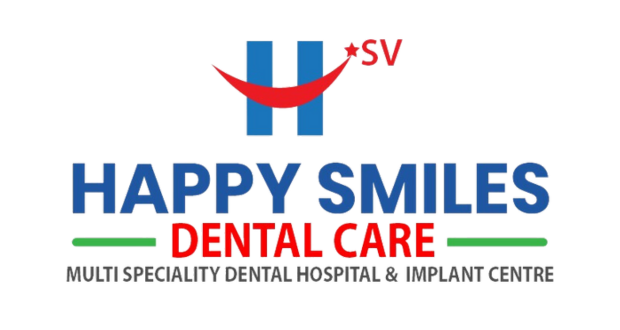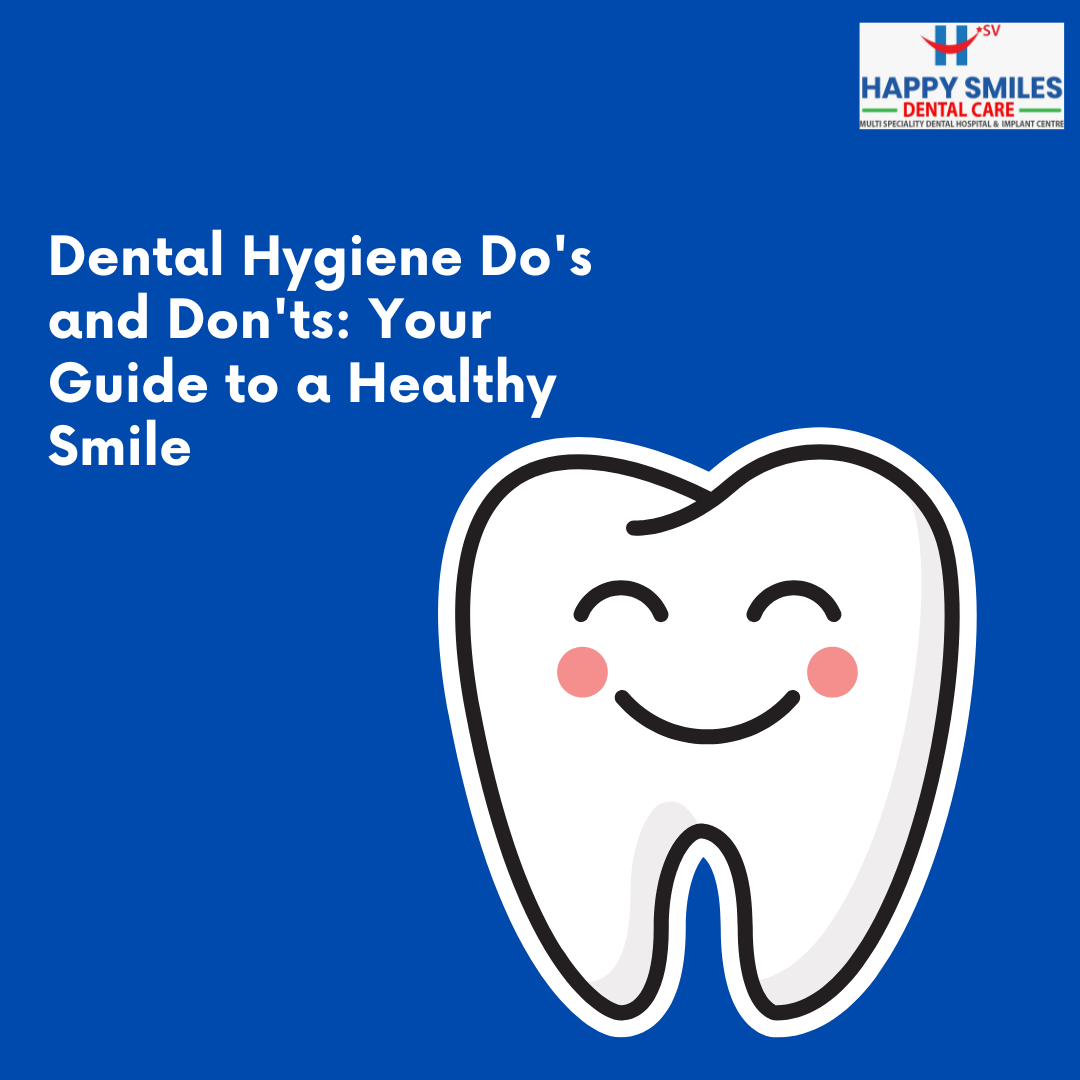Sparkling Smiles: Your Guide to Dental Hygiene Do’s and Don’ts
Maintaining excellent dental hygiene goes beyond just flashing a bright smile. It’s a cornerstone of your overall health, impacting everything from your breath to your risk of systemic diseases. Neglecting your oral care can lead to a host of problems, including cavities, gum disease, and even tooth loss. But fear not! Achieving a healthy and radiant smile is within everyone’s reach. This comprehensive guide will walk you through the essential dental hygiene do’s and don’ts to keep your pearly whites in top shape.
The Golden Rules: Dental Hygiene Habits to Embrace
Establishing a consistent and effective oral care routine is paramount. Here are the key dental hygiene do’s you should incorporate into your daily life:
- Brush Regularly and Effectively: This is the bedrock of good oral hygiene.
- Do: Brush your teeth at least twice a day – once in the morning and once before bed.
- Do: Use a soft-bristled toothbrush and fluoride toothpaste. Fluoride strengthens enamel and helps prevent decay. The American Dental Association offers valuable resources on choosing the right toothbrush and toothpaste.
- Do: Employ the correct brushing technique. Gently brush all surfaces of your teeth using short, circular motions. Don’t scrub vigorously, as this can damage your gums and enamel. Spend at least two minutes ensuring every tooth receives attention.
- Do: Replace your toothbrush every three to four months, or sooner if the bristles are frayed. Worn-out bristles are less effective at cleaning.
- Floss Daily for Healthy Gums: Brushing alone can’t reach the tight spaces between your teeth and under the gumline where food particles and plaque accumulate.
- Do: Floss at least once a day, ideally before brushing. This helps dislodge debris so that brushing can effectively remove it.
- Do: Use about 18 inches of floss, wrapping most of it around your middle fingers and leaving a few inches to work with. Gently slide the floss between your teeth and curve it into a “C” shape against each tooth. Move the floss up and down, including slightly below the gumline.
- Do: Consider using interdental brushes or water flossers if you find traditional flossing difficult. These can be effective alternatives for cleaning between teeth.
- Rinse Your Mouth Wisely: Rinsing complements brushing and flossing.
- Do: Rinse your mouth with water after brushing and flossing to help remove any remaining debris.
- Do: Consider using an antimicrobial mouthwash. These rinses can help reduce plaque and gingivitis. Look for a mouthwash that is approved by a reputable dental association.
- Prioritize Regular Dental Checkups: Professional cleanings and examinations are crucial for preventing and detecting dental problems early.
- Do: Schedule regular dental checkups and cleanings as recommended by your dentist, typically every six months.
- Do: Be open and honest with your dentist about your oral hygiene habits and any concerns you may have.
- Hydrate and Nourish Your Teeth: What you consume significantly impacts your oral health.
- Do: Drink plenty of water throughout the day. Water helps wash away food particles and keeps your mouth hydrated, essential for saliva production. Saliva naturally helps neutralize acids and fight bacteria.
- Do: Eat a balanced diet rich in fruits, vegetables, and whole grains. Limit sugary and acidic foods and drinks, which contribute to tooth decay.
Habits to Avoid: Dental Hygiene Don’ts That Can Harm Your Smile
Just as important as the “do’s” are the habits you should avoid to protect your teeth and gums:
- Neglecting Your Brushing Routine: Skipping brushing, especially before bed, allows plaque to build up and attack your enamel overnight.
- Don’t: Forget to brush twice a day. Make it a non-negotiable part of your daily routine.
- Improper Flossing or Skipping It Entirely: Ignoring the spaces between your teeth leaves a significant portion of your mouth vulnerable to decay and gum disease.
- Don’t: Neglect flossing. Make it a daily habit, just like brushing.
- Don’t: Floss too aggressively, as this can damage your gums. Use gentle, controlled movements.
- Using a Hard-Bristled Toothbrush and Aggressive Brushing: This can erode your enamel and irritate your gums, leading to sensitivity and recession.
- Don’t: Use a hard-bristled toothbrush. Opt for soft or extra-soft bristles.
- Don’t: Brush too hard. Gentle, circular motions are more effective and less damaging.
- Ignoring Pain or Discomfort: Dental pain or sensitivity is a sign that something is wrong. Ignoring it can lead to more serious problems down the line.
- Don’t: Ignore toothaches, gum swelling, or bleeding. Schedule an appointment with your dentist promptly.
- Using Your Teeth as Tools: Opening bottles, tearing tape, or cracking nuts with your teeth can lead to chips, cracks, and even fractures.
- Don’t: Use your teeth for anything other than chewing food. Use the appropriate tools for other tasks.
- Excessive Snacking on Sugary or Acidic Foods and Drinks: Frequent exposure to sugar and acids weakens enamel and increases the risk of cavities.
- Don’t: Snack frequently on sugary candies, sticky sweets, and processed foods.
- Don’t: Sip on sugary drinks like soda and juice throughout the day. If you do consume them, do so in moderation and rinse your mouth with water afterward.
- Neglecting Your Tongue: Your tongue can harbor bacteria that contribute to bad breath and other oral health issues.
- Don’t: Forget to clean your tongue daily using your toothbrush or a tongue scraper.
- Skipping Dental Appointments: Even if you feel your teeth are healthy, regular checkups are essential for early detection and prevention.
- Don’t: Skip your scheduled dental appointments. These professional cleanings and examinations are vital for maintaining long-term oral health.
By embracing these dental hygiene do’s and diligently avoiding the dental hygiene don’ts, you can significantly improve your oral health and enjoy a confident, healthy smile for years to come. Remember, consistency is key, and even small changes in your daily routine can make a big difference. For more in-depth information and personalized advice, always consult with your dentist.





 Users Today : 2
Users Today : 2 Users This Year : 17
Users This Year : 17 Views This Year : 33
Views This Year : 33
